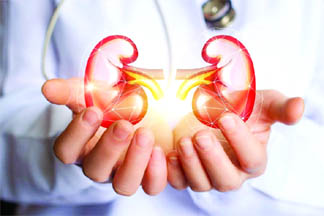
ABolivian research team has suggested that injecting stem cells in the vital period immediately after a stroke may aid recovery. They found that rats injected with stem cells 30 minutes after a stroke had almost normal brain function restored within a fortnight.
The team from La Paz University Hospital says the method has potential in human trials, the BBC reported. The research, published in the journal Stem Cell Research and Therapy, support other studies that have found that stem cells could aid stroke patients by boosting the body’s ability to repair tissue damage. Stem cells are the body’s “master cells” with the potential to become many different cell types, and theoretically replace cells lost through disease or injury. Recent tests in humans have shown some promise, with stroke symptoms improving after an infusion of stem cells.
The Bolivian team extracted a certain type of stem cells from fat and bone marrow, and then injected them into the blood vessels of rats shortly after they had suffered an artificially-induced stroke. Even though the introduced cells did not appear to travel to the affected region of the brain, the rats still did better than other rats who did not receive the cells.
Within 24 hours, they were already showing a speedier recovery, and two weeks later, they registered almost normal scores on behavioral tests. The researchers said the early introduction of the cells might even interrupt the typical “chain reaction” of tissue damage, which follows a stroke, in which the initial injury harms additional cells in surrounding areas. Dr Exuperio Diez-Tejedor, who led the research, said that the recovery improved regardless of origin of the stem cells.
From the viewpoint of clinical translation allogenic stem cells are attractive because they can be easily obtained from young healthy donors, amplified, and stored for immediate use when needed after a stroke, the researchers wrote. They suggested that it might be possible to overcome the risk of immune rejection of the donor cells in humans.





Be the first to comment